Committee blasts detention of young rejected asylum seekers
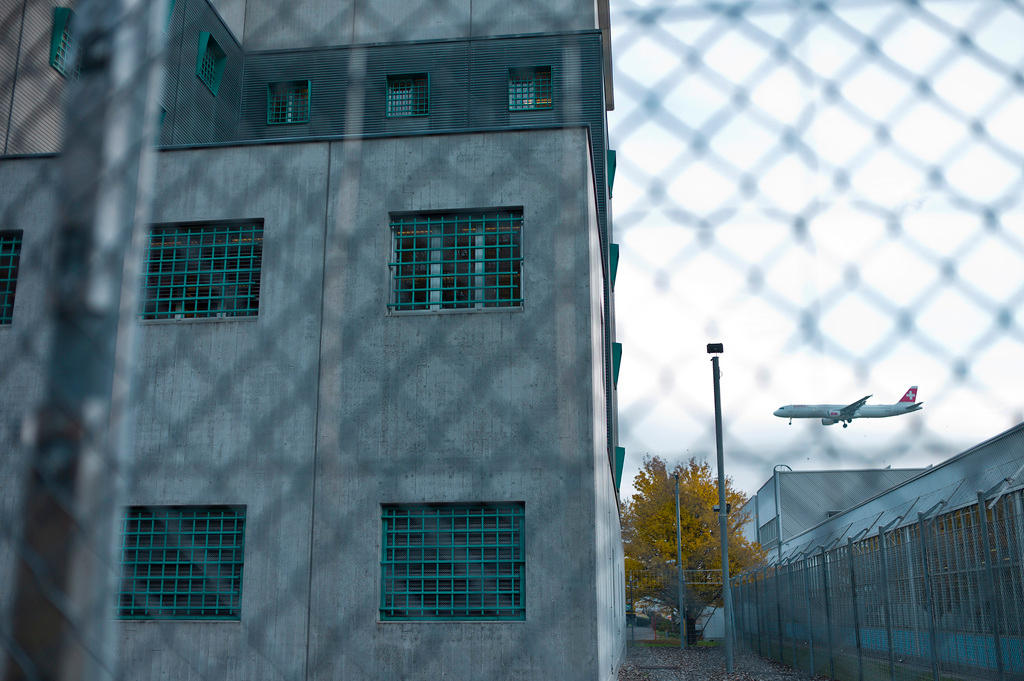
A Swiss parliamentary committee has criticised the use of administrative detention to hold young rejected asylum seekers saying it goes too far. It has urged the government to “put its house in order” and stop the practice.
Between 2011 and 2014, a total of 200 underage asylum seekers were held in Swiss prisons because their deportation was imminent, according to a report by the House of Representatives’ Control Committee published on Thursday.
Cantons may order administrative detention if there are fears a person may attempt to evade deportation and if the removal is likely to happen soon. However, administration detention must not exceed 18 months (12 months for minors over 15).
Some cantons expressly refrain from detaining minors, including Neuchâtel, Vaud and Geneva. In others, like Bern, children under the age of 15 are often imprisoned together with their relatives, even if only for a few days, the report says. This practice is justified by the fact that the authorities do not want to separate children from their parents or relatives.
“Unnecessary hardship”
However, for Swiss People’s Party parliamentarian Alfred Heer, who oversaw the committee’s report, this practice has gone too far.
“Unnecessary hardship towards families with small children or towards minors should be avoided,” says Heer, who otherwise advocates a strict asylum practice.
The committee said the practice contravenes the United Nations Convention on the Rights of the Child and under Swiss law under-15-year-olds should not be detained for deportation. In 2016, the Federal Court ruled that children aged 10-15 can be held in custody under exceptional circumstances.
The committee warned the use of administrative detention to ensure the return of asylum seekers was not uniform across Switzerland’s 26 cantons, raising the risk of “borderline legal” practices. It urged the government to “put its house in order” on the issue of administrative detention.
The committee found a wide divergence of practices between cantons. While the discrepancies may in part be explained by the age, sex or country of origin of the applicants, it still did not account for the differences between cantons. For example, in canton Obwalden 61% of rejected asylum seekers were under administrative detention, compared to 24% in canton Geneva.
Another major criticism was the mismanagement of data by the government. It is therefore not possible to know how many persons scheduled to be deported have gone into hiding. The committee estimates the proportion of such cases to be as high as a third of unsuccessful asylum applicants.
Criticism rejected
The Bern cantonal authorities on Friday rejected the criticism, saying the detention of children with their families was a measure of last resort used in one or two cases a year only.
They said their policy was in line with legal requirements and people were never kept in detention for more than 48 hours.

In compliance with the JTI standards
More: SWI swissinfo.ch certified by the Journalism Trust Initiative
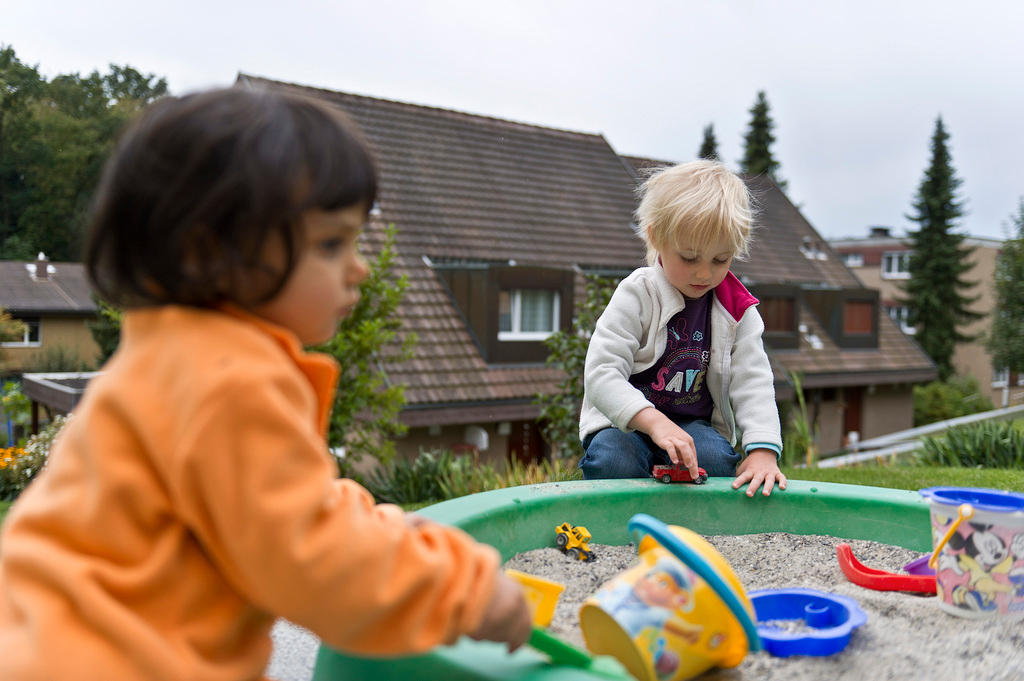
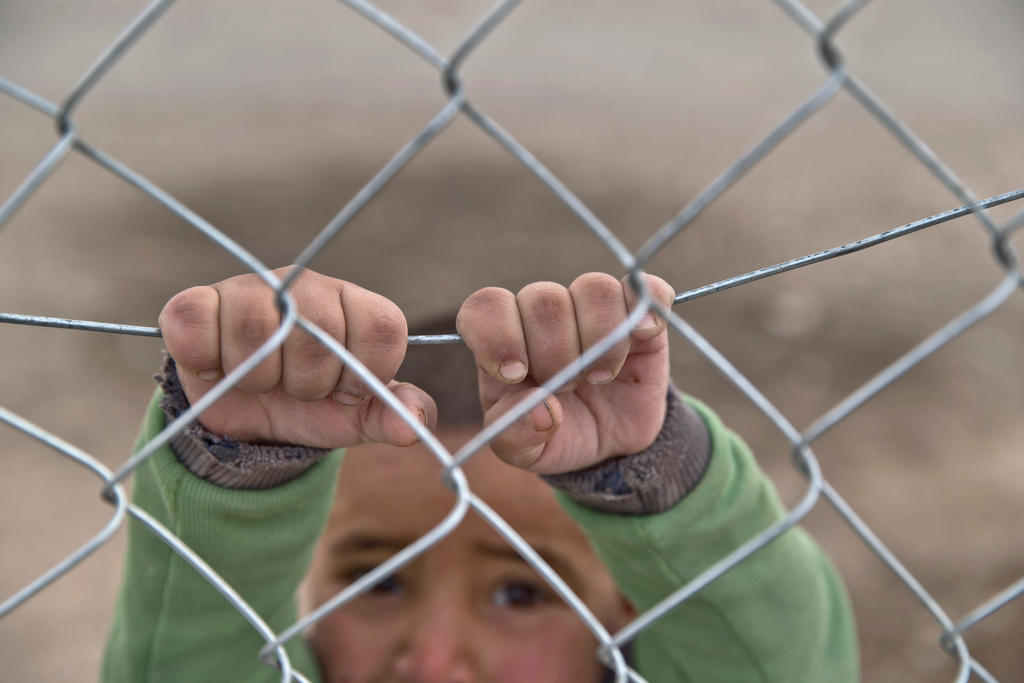
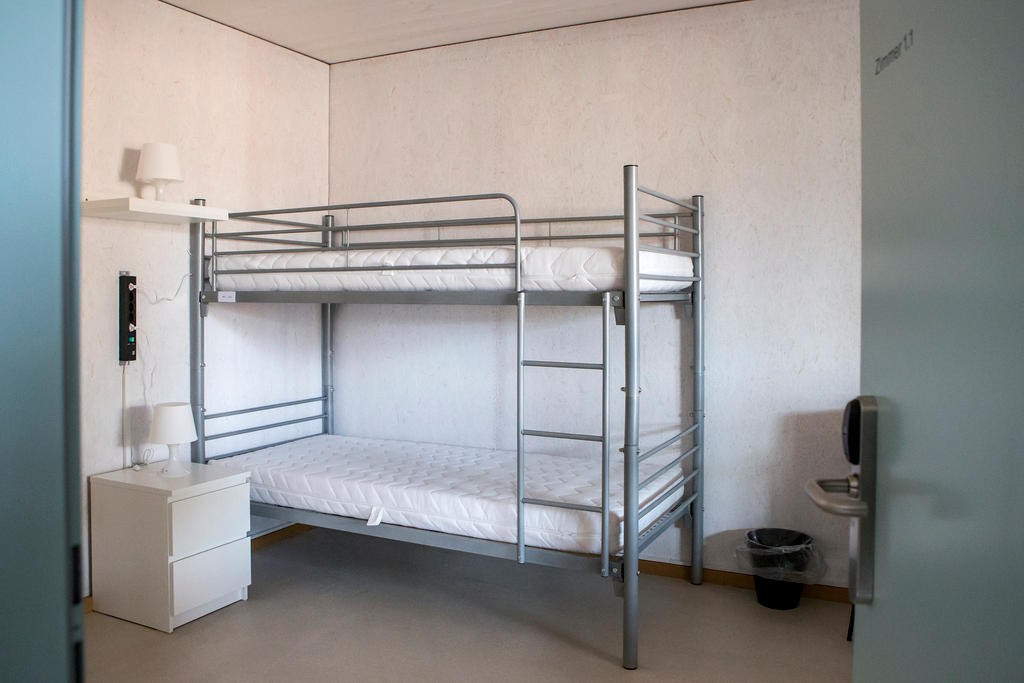
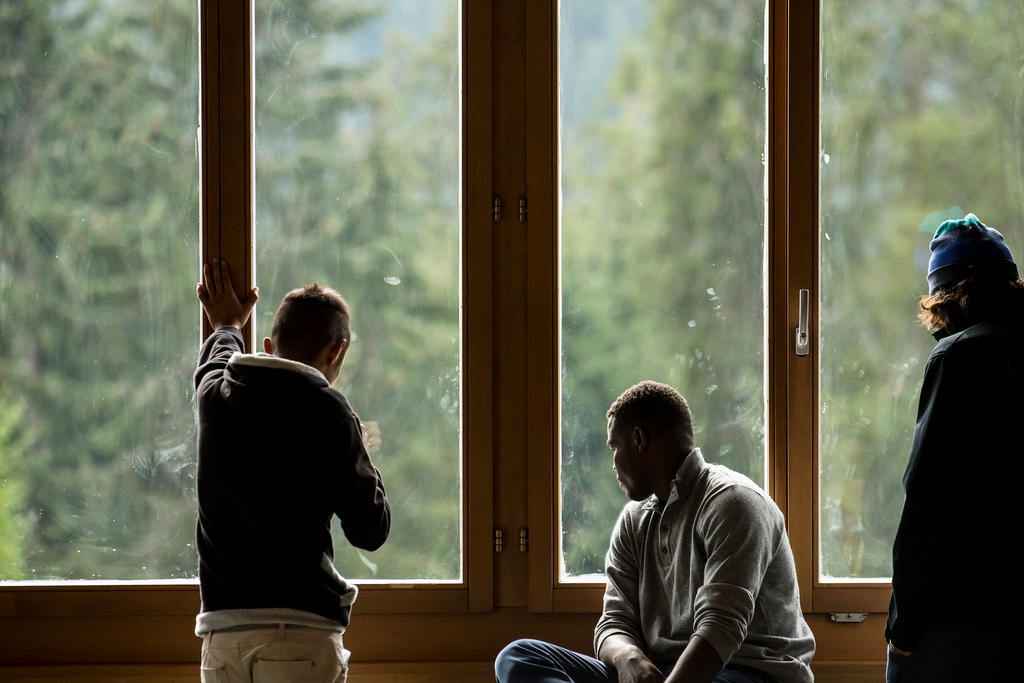
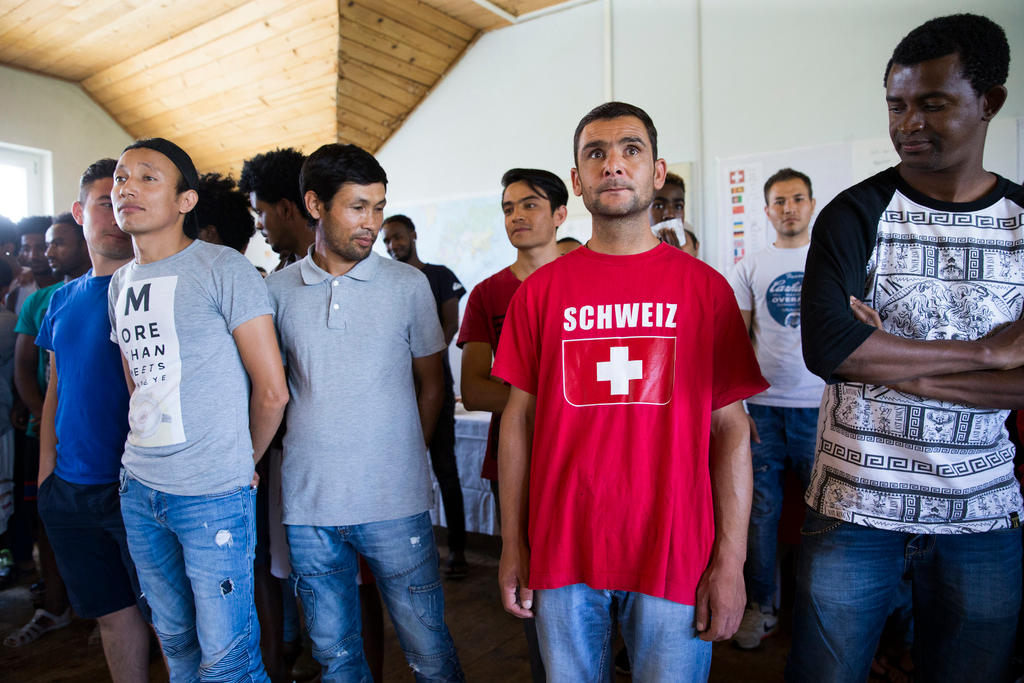
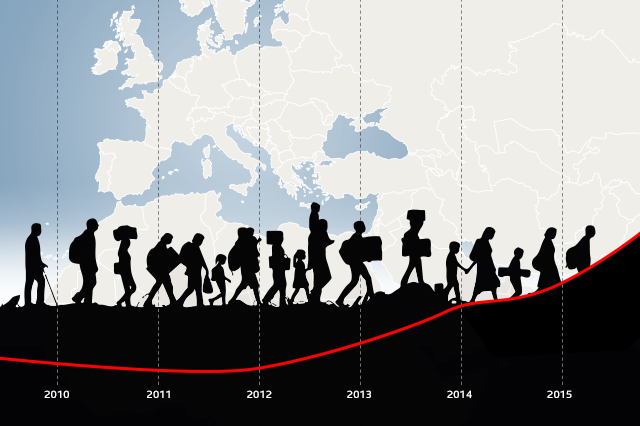
You can find an overview of ongoing debates with our journalists here. Please join us!
If you want to start a conversation about a topic raised in this article or want to report factual errors, email us at english@swissinfo.ch.